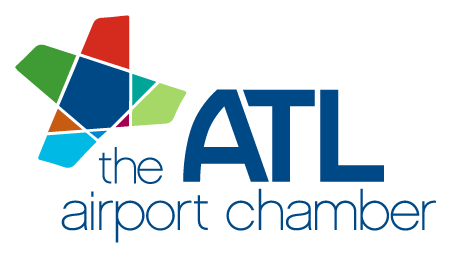Norfolk Southern Corporation (NYSE: NSC) announced Monday a six-point plan to immediately enhance the safety of its operations. The initiatives are based on the preliminary findings of the National Transportation Safety Board (NTSB) following the East Palestine, Ohio, derailment.
“Reading the NTSB report makes it clear that meaningful safety improvements require a comprehensive industry effort that brings together railcar and tank car manufacturers, railcar owners and lessors, and the railroad companies,” said Norfolk Southern President and CEO Alan H. Shaw. “We are eager to help drive that effort and we are not waiting to take action.”
Norfolk Southern will immediately begin the following initiatives:
Enhance the hot bearing detector network. Norfolk Southern is evaluating the distance between hot bearing detectors, which currently averages 13.9 miles on its core network. The company will examine every location on its core network where the distance is more than 15 miles and develop a plan to deploy additional detectors where practical due to terrain and operating conditions. The company anticipates adding approximately 200 hot bearing detectors to its network, with the first installed on the western approach to East Palestine.
Pilot next-generation hot bearing detectors. Norfolk Southern is working with manufacturers to accelerate the testing and deployment of safety technology on its network that can scan a greater cross-section of a railcar’s bearings and wheels. These so-called “multi-scan” hot bearing detectors may offer the potential to catch overheated bearings more effectively.
Work with industry on practices for hot bearing detectors. Norfolk Southern intends to work with the industry on a comprehensive review of standards and practices for the use of hot bearing detectors. In addition to reevaluating the temperature threshold at which an alarm is triggered, the company plans to work with peers to analyze data for patterns that could provide earlier warnings of potential safety issues. Norfolk Southern also plans to partner with other railroads to review best practices, including response to high-temperature alarms.
Deploy more acoustic bearing detectors. In addition to enhancing its use of hot bearing detectors, Norfolk Southern will immediately accelerate the deployment of acoustic bearing detectors, which play a different role in its safety inspection program. These detectors analyze the acoustic signature of vibration inside the axle and can identify potential problems that a visual inspection could not. Norfolk Southern will add 13 new detectors to the five already in service, stationing these devices on high-traffic routes around our core network. This will strengthen the early-warning system that identifies potential risks before they become issues.
Accelerate our Digital Train Inspection program. Norfolk Southern is partnering with Georgia Tech Research Institute to develop a next generation of its most advanced safety inspection technology, which uses machine vision and algorithms powered by artificial intelligence to identify defects and needed repairs much more effectively than traditional human inspection. Ultra-high-resolution cameras stationed in strategic locations around its network will give Norfolk Southern a 360-degree health check on railcars, improving its ability to detect, diagnose, and repair defects before they become issues. The company is accelerating the installation of the next phase of this new technology on its Premier Corridor, which connects the Midwest and Northeast and is the line that runs through East Palestine.
Support a strong safety culture. Norfolk Southern has agreed to join the Federal Railroad Administration’s Confidential Close Call Reporting System (C3RS). By joining the program, Norfolk Southern is building upon its own long-standing Close Call Experience Program, which encourages railroaders to speak up if they see something that is unsafe.
These enhanced safety measures follow the Feb. 23 release of the NTSB’s preliminary report, which traced the derailment and the initial fire to an overheated axle on car number 23, which was carrying plastic pellets. Subsequent NTSB testing indicated that the aluminum covers over the pressure relief valves on three of the five tank cars carrying vinyl chloride melted. The NTSB found that Norfolk Southern’s rail crew operated the train within the company’s rules and operated the train below the track speed limit. Additionally, the NTSB reported that wayside hot bearing detectors were operating as designed.
Article courtesy of Metro Atlanta CEO, published March 7, 2023.

